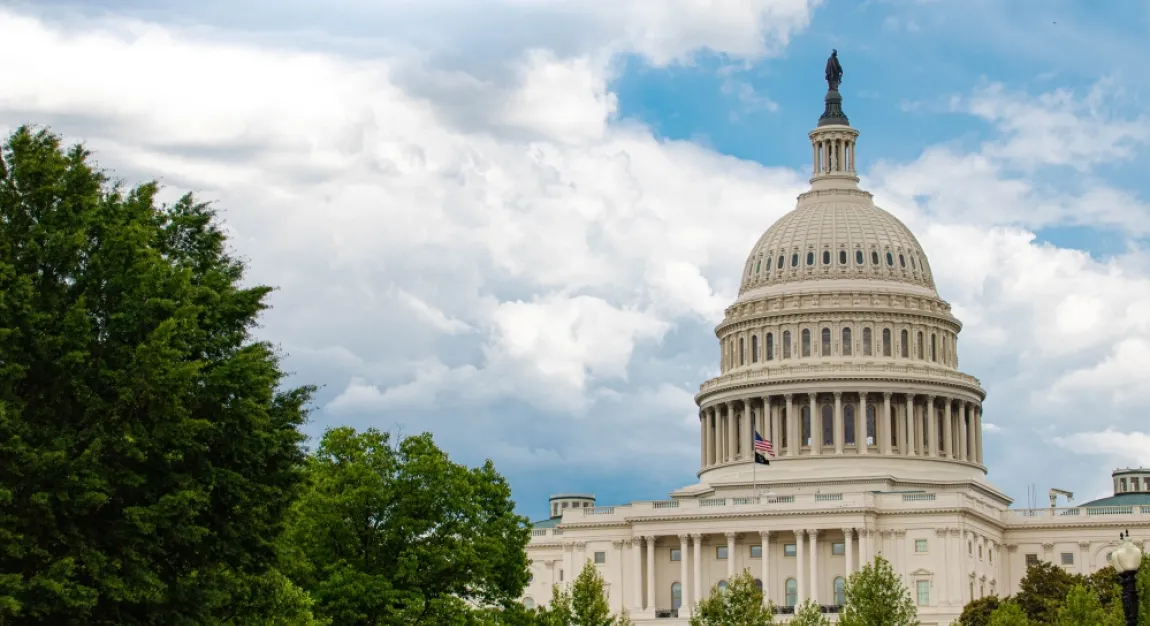- The US Department of Health and Human Services (HHS) recently announced a plan that will reduce the agency’s workforce by 10,000 full-time employees and consolidate 28 divisions into 15.
- These changes could impact cardiothoracic surgeons and their patients—particularly in how new treatments, medical devices, and surgical innovations are evaluated and approved.
- STS has launched an online tracker to help members stay updated on key healthcare-related executive orders and their implementation status amid accelerated action under the Trump administration.
- A public statement made by the Society urged Congress to protect Medicaid, warning that cuts would jeopardize access to essential care for millions of low-income Americans, including those with serious heart and lung conditions.
- Potential updates to Medicare physician payment are also under discussion.
Last week, the US Department of Health and Human Services (HHS) announced a sweeping restructuring plan that will reduce the agency’s workforce by 10,000 full-time employees and consolidate 28 divisions into 15. This plan is part of broader workforce reductions across the administration, which will decrease HHS’s total number of employees from 82,000 to 62,000. The changes could impact cardiothoracic surgeons and their patients—particularly in how new treatments, medical devices, and surgical innovations are evaluated and approved. Learn more about these developments, which may reshape the federal healthcare landscape.
With executive action accelerating under the Trump administration, STS has launched an online tracker to help members stay current on key healthcare-related executive orders and their implementation status.
On Capitol Hill, the reconciliation process is beginning to take shape. This legislative tool allows Congress to pass major budget-related reforms with a simple majority vote, eliminating the need for bipartisan support. The House and Senate have each passed competing budget resolutions that will guide the final reconciliation package. The House version would require deep spending cuts—most notably to Medicaid.
In response, STS issued a public statement urging Congress to protect Medicaid, warning that cuts would jeopardize access to essential care for millions of low-income Americans, including those with serious heart and lung conditions. Medicaid remains a critical safety net, covering nearly one in five Americans and providing support for patients requiring complex, specialized treatments.
Potential updates to Medicare physician payment are also under discussion. Rep. Greg Murphy, MD (R-NC), co-chair of the GOP Doctors Caucus, has reportedly secured a commitment from House Speaker Mike Johnson to include physician payment reform in the reconciliation package. However, the specific details of this reform remain unclear.
In the Senate, agency confirmation activity is ramping up. The Finance Committee has advanced Dr. Mehmet Oz’s nomination to lead the Centers for Medicare & Medicaid Services on a party-line vote of 14–13, with a full Senate vote expected soon.
The White House also announced a new nominee to lead the Centers for Disease Control and Prevention: Dr. Susan Monarez, currently serving as acting director, following the withdrawal of the previous nominee, Dr. Dave Weldon. In addition, the Senate has confirmed Dr. Jay Bhattacharya as director of the National Institutes of Health and Dr. Marty Makary as commissioner of the Food and Drug Administration. STS will continue to monitor and engage on these key leadership transitions.
